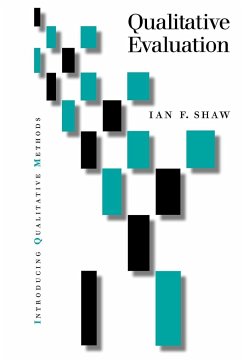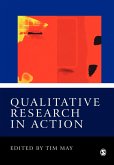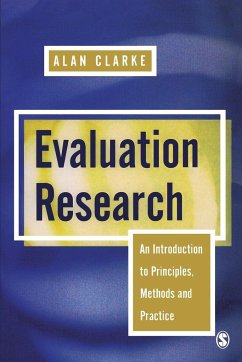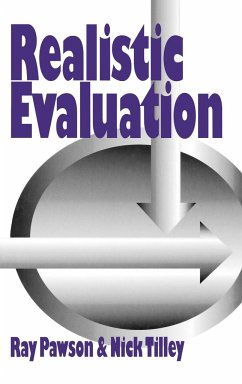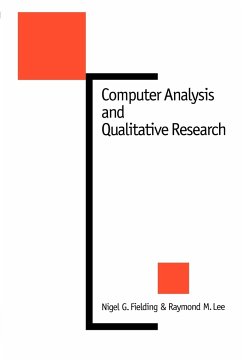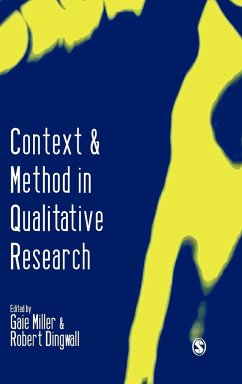Ian Shaw shows how evaluation practice can utilize qualitative approaches to gain an understanding that more traditional quantitative approaches may fail to do. Three broad sections include discussions of: the foundations of evaluation and recent trends; evaluation and action programmes and policies; and the practice of evaluation.
Hinweis: Dieser Artikel kann nur an eine deutsche Lieferadresse ausgeliefert werden.
Hinweis: Dieser Artikel kann nur an eine deutsche Lieferadresse ausgeliefert werden.
`Ian Shaw has written an exceptional new book on the topic of qualitative evaluation... The outgrowth of this work is that both professional researchers and practicing clinicians will be able to use qualitative evaluation in ways they never dreamed of' - International Social Work `There are few up-to-date introductions to qualitative evaluation, and none that adopts the catholic approach to be found here. As a result, this book will take up an important position in the field' - British Educational Research Journal

